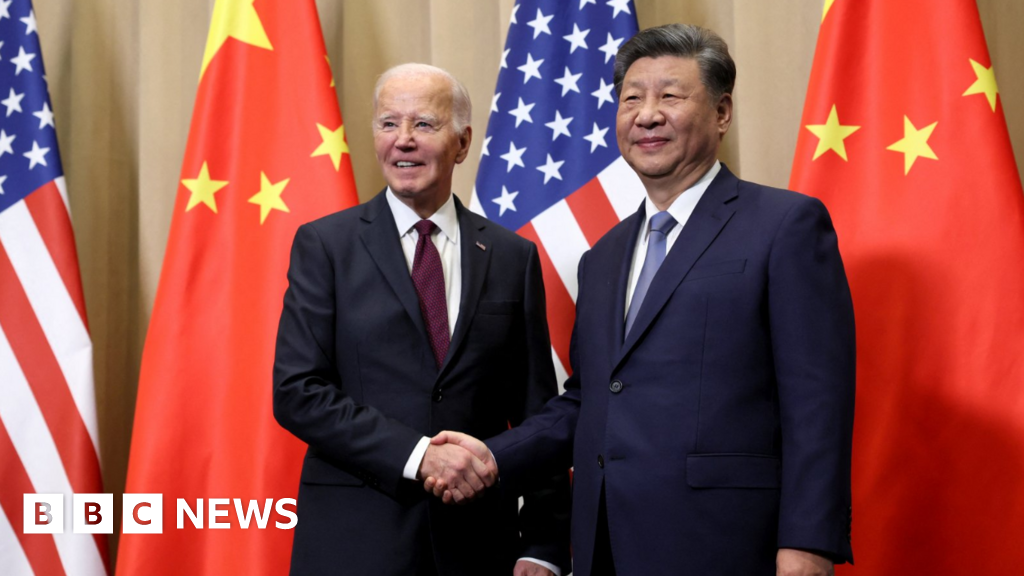During Biden’s tenure in office, relations with China really worsened, including with A a hot air balloon spy saga and a show of Chinese military firepower around Taiwan prompted by a visit by a senior US official.
China says its claim to the self-governing island is a red line.
However, the Biden administration aimed to “responsibly manage” the rivalry with Beijing after Trump’s first term.
Most of all, Beijing is likely to be worried about the unpredictability of the president-elect, analysts say.
“The Chinese are willing to negotiate and negotiate and are likely hoping for a quick engagement with the Trump team to discuss potential transactions,” said Bonnie Glaser, managing director of the German Marshall Fund’s Indo-Pacific program.
“At the same time, however, they are poised to retaliate if Trump insists on imposing higher tariffs on China.”
She added that China may also be “probably concerned that they lack credible back channels to influence Trump’s policies.”
On Saturday, Biden acknowledged that he had always had his differences with Xi, but added that the discussions between him and the Chinese leader had been “frank” and “sincere.”
The pair have held three face-to-face meetings during Biden’s time in the White House, including a key summit last year in San Francisco where the two sides reached agreements on drugs and climate change.
But the Biden White House also continued Trump-era tariffs. His government imposed tariffs on Chinese electric cars, solar panels and steel in May.
He has also strengthened defense alliances in Asia and the Pacific to counter China’s growing assertiveness in the region. The outgoing president also said the US would defend Taiwan in the event of a Chinese invasion.

